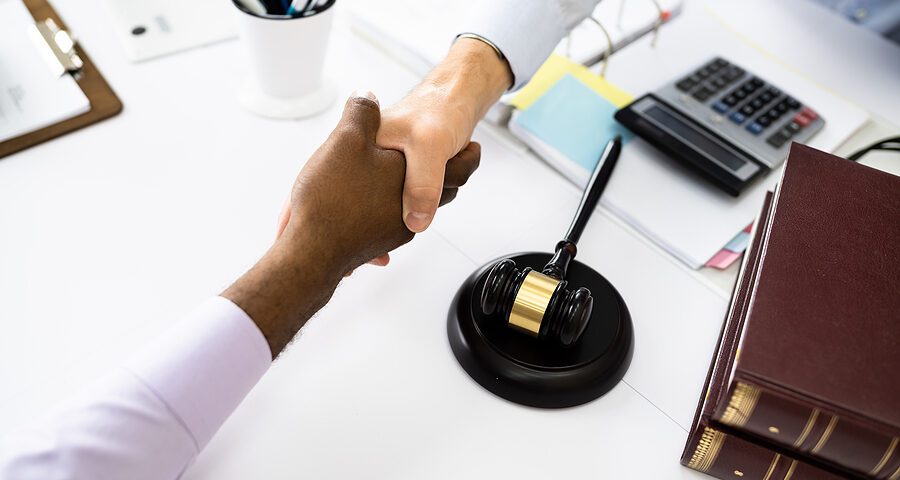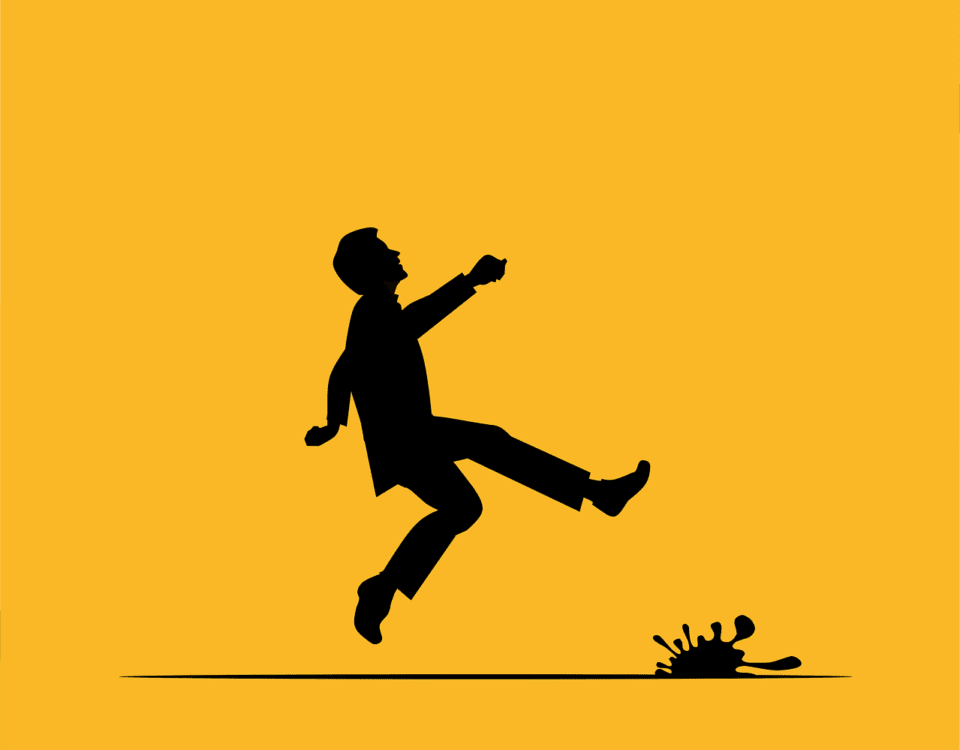How Proper Documentation Can Strengthen Your PI Claim in CT
A Tradition of Excellence
 Sampling of Successful Case Resolutions
Sampling of Successful Case Resolutions
 Read our answers to some frequently asked questions.
Read our answers to some frequently asked questions.
Statement
 View Our Mission Statement
View Our Mission Statement

Understanding the Risks and Rights in Construction Site Injuries
July 6, 2024
Your Rights after a Burn Injury: A Guide for Victims and Families
September 28, 2024When you’re involved in an accident resulting in personal injury, the period immediately following the incident is critical, not only for your physical recovery but also for the legal process should you decide to file a claim. In Connecticut, as in other states, the success of a personal injury claim heavily depends on the ability to prove not only that another party is at fault but also the extent and impact of your injuries. Proper documentation is the backbone of this proof and can significantly influence the outcome of your case.
Understanding the Importance of Documentation
The primary reason documentation is so crucial in a personal injury case is that it provides tangible evidence to support your claims about what happened and how it has affected you. This evidence is essential for establishing the link between the incident and your injuries, as well as justifying the compensation you seek for medical expenses, lost wages, pain and suffering, and other damages.
Immediate Steps for Documenting Your Injury
Medical Records: The most important step you can take after an injury is to seek medical attention. Even if the injury seems minor, having a medical professional evaluate you can provide early diagnosis of your injuries to help you get better, and an early record of the incident and its impact on your health. Ensure that all visits—whether they be to a hospital, a general practitioner, or a specialist—are documented. These records should detail the extent of your injuries, the proposed treatment plan, any prescriptions, and the prognosis.
Photographs: If possible, take photographs of your injuries as soon as you can after the incident, and continue to take pictures regularly as your treatment progresses. Photographic evidence can vividly illustrate the severity of your injuries and make a powerful impact in negotiations or in court.
Accident Reports: If your injury resulted from a vehicle accident, a workplace incident, or another situation where official reports are filed (such as police or incident reports), obtaining copies of these reports is crucial. They provide an official account of the circumstances surrounding the accident.
Witness Statements: If there were any witnesses to the incident, their accounts could be pivotal. Collect names, addresses, and contact information of witnesses and, if possible, obtain written statements from them as soon as possible after the incident.
Diary or Pain Journal: Keeping a daily diary that records your physical and emotional health can provide a detailed account of the pain and suffering you experience and its duration. This can be particularly useful in quantifying non-economic damages, which are often challenging to prove. This will be protected attorney client privilege, so consult your attorney on this to make sure it is protected under this confidentiality privilege.
Organizing and Maintaining Documentation
Once you start gathering documents, it’s essential to keep everything organized. Create a file—digital, physical, or both—where you store all documents related to the injury, including medical records, receipts for out of pockets expenses, correspondence with medical professionals, insurance companies, and legal counsel, and any other related paperwork.
Keeping your documents organized not only helps in building a strong case but also aids your attorney in efficiently navigating and referencing key pieces of evidence throughout the legal process.
How Proper Documentation Influences Your Claim
Proper documentation does more than just substantiate your claim; it also:
- Enhances Credibility: Comprehensive and organized documentation makes your claim more credible and harder to dispute.
- Maximizes Compensation: Detailed records can help ensure that all aspects of your claim are covered—from economic damages like medical expenses and lost wages to non-economic damages like pain and suffering.
- Facilitates Negotiations: With strong evidence, your attorney can negotiate more effectively on your behalf, often leading to higher settlement offers.
- Prepares for Litigation: If your case goes to court, having thorough documentation means you are prepared to present a strong case to the judge or jury.
Consulting Legal Help in Connecticut
While documenting your injury is something you can start on your own, consulting with a personal injury attorney in Connecticut can significantly enhance the strength of your claim. An experienced lawyer can provide guidance on what specific documentation is necessary, how to obtain it, and how to use it effectively to support your case. Furthermore, legal experts can navigate the complex realms of insurance negotiations and legal proceedings, allowing you to focus on your recovery.
For a free consultation with a Waterbury personal injury attorney, please call 203.755.0018 or contact us online. All cases are taken on a contingency fee basis. If we accept your case, you pay no fee unless we recover damages for you.
At Tindall Law Firm we take personal injury cases very seriously and devote the time and resources necessary to bring your case to a successful resolution. As an experienced lawyer handling and specializing in these cases for 27 years, Tavis Tindall understands the importance of working closely with clients from beginning to end. From car accidents to slip-and-fall accidents and spinal cord injuries, attorney Tindall and his staff provide quality service while maintaining the highest ethical standards.
Conclusion
In Connecticut, as in any personal injury case, the difference between a successful claim and an unsuccessful one often lies in the quality of the documentation. By taking immediate action to secure comprehensive and accurate documentation of your injuries and the circumstances surrounding them, you strengthen your position significantly in obtaining essential treatment you require, and in helping you to be successful in pursuing just compensation. Remember, each piece of paper, photo, and record could be the key to proving your case and ensuring that you receive the recovery you rightfully deserve.










